How do we know about Pakal the Great?
Why is Pakal famous?
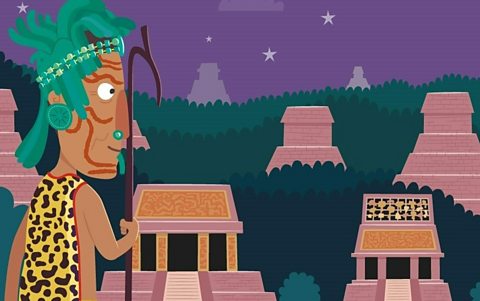
Each of the ancient Maya cities was ruled by a different king or queen. The Maya believed these rulers had to keep the gods happy.
To achieve this, the rulers offered sacrifices (sometimes human), conducted mass prayers and held parades through their cities.

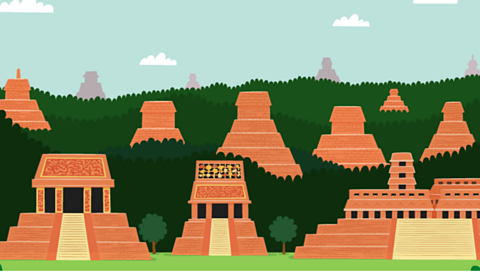
One of the most famous Maya rulers was K'inich Janaab Pakal, whom we know today as Pakal the Great. He was king of Palenque, or Lakamha (in modern Mexico).
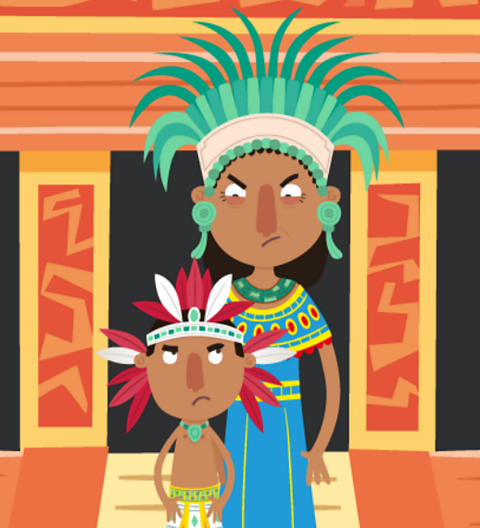
The name Pakal means shield in classic Maya language. He became king at the age of 12, but his mother, Lady Sak K’uk, was queen before him and continued as regent until he was a grown adult.
Pakal ruled for 68 years from 615-683 AD, the fifth longest of any monarch in history.
During his reign Pakal made palaces bigger and built temples and monuments.
Pakal's rule was at the same time as the famous early Anglo-Saxon Sutton Hoo ship burial in Britain.

What was in Pakal’s tomb?
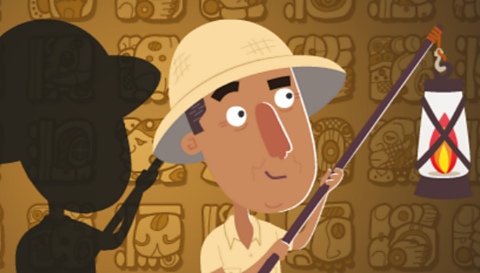
Pakal was buried in a large sarcophagus (stone coffin) in the largest of Palenque’s pyramids, known as the Temple of the Inscriptions.
The secret opening of the tomb was not discovered until 1948 by Mexican archaeologist Alberto Ruz Lhuillier and even then, it took four years to uncover. It finally opened in 1952.

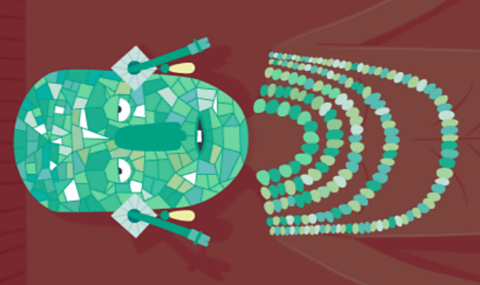
The skeletal remains inside the coffin still had the jade funerary mask and bead necklaces.
The large sarcophagus lid is unique Classic Maya art. It shows Pakal resting on the open jaws of a serpent, showing the way to the realm of the dead.
Activities
Activity 1: Explore Pakal's tomb
Activity 2: Quiz – Pakal the Great
Activity 3: History Explorer game
Play this game to test your knowledge and learn even more facts about the ancient Maya.
History Explorer: Secrets through time
History Explorer: Secrets through time: KS2 History

Bitesize Primary games. gameBitesize Primary games
Play fun and educational primary games in science, maths, English, history, geography, art, computing and modern languages.

More on Maya Civilisation
Find out more by working through a topic
- count10 of 20
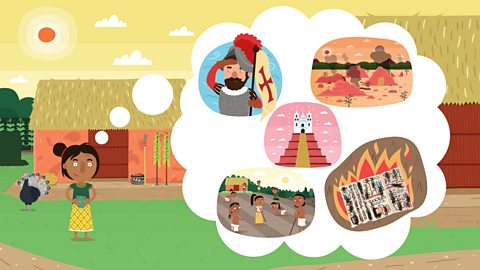
- count11 of 20
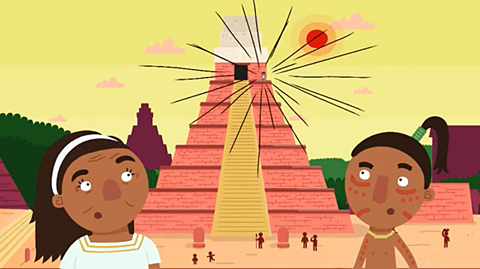
- count12 of 20
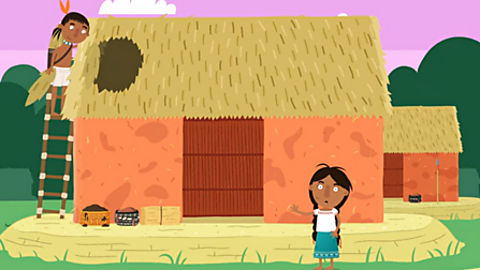
- count13 of 20
